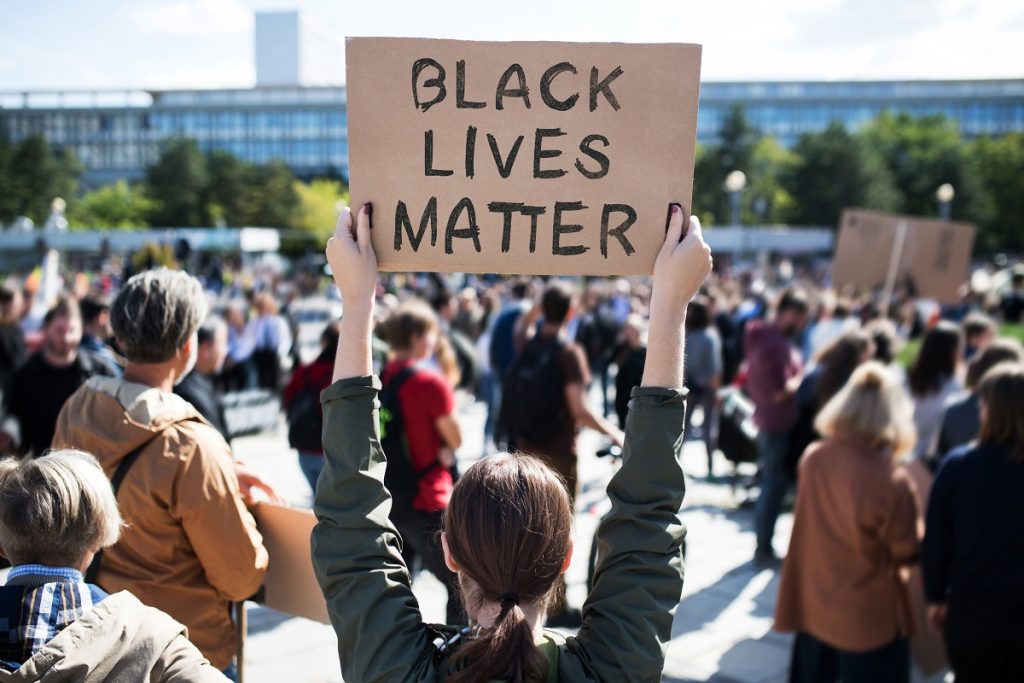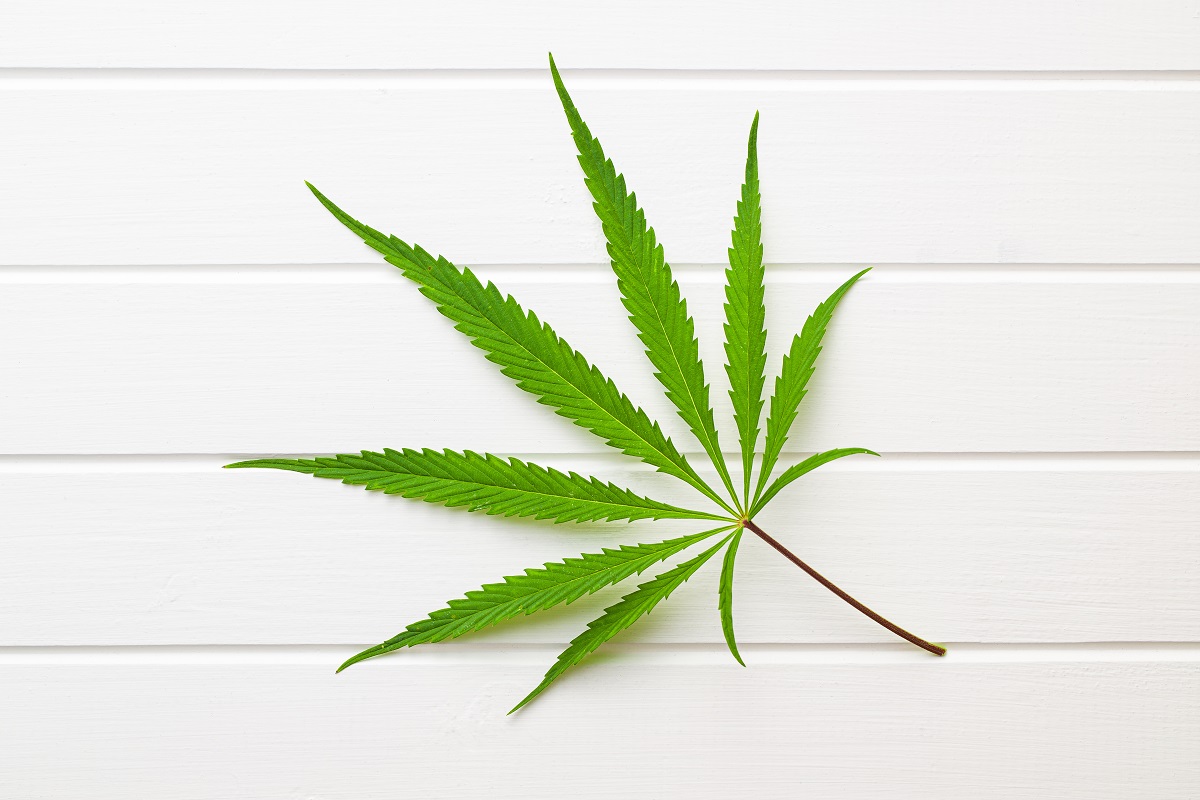On the Senate floor, Senator Tina Smith(D-MN) talked about her new marijuana legalization bill. She is the senator who sponsored a “Substance Regulation and Safety Act” that got introduced in July. Smith stated that legalizing cannabis could help law enforcement devote more resources to severe crimes. In her speech, she spoke against the law enforcement continuing to criminalize people in a racially disparate manner.
Racial Justice and Social Equity: Do People Need to Sit in Jail for Personal Use Cannabis Charges?
In 2020, the volume on racial prejudice and social equity imbalance has been turned up. From protests supporting “Black Lives Matter” to “Karen’s” captured on YouTube for racist and harassing behaviors to People of Color (POC).
America leads the world in the highest number of incarcerations. According to research data from the Prison Policy Initiative, a non-profit group, there were 2.3 million American’s incarcerated in 2019. That includes Federal institutions and County Jails.
“We could improve public safety by devoting resources to combating violent crime. Not by over-enforcing low-level offenses in communities of color. Let’s think about what this means for marijuana offenses,” Smith said. “The federal marijuana prohibition is a failed policy. It contributes to mass incarceration and over-policing of communities of color.”
Senator Smith Looks To Federal Law
“White and black people use marijuana at roughly the same rate. But, a black person is almost four times as likely to get arrested for a marijuana offense. The federal government is behind both state law and public opinion. Forty-two states and the District of Columbia already allow some type of marijuana use. This is despite the longtime federal prohibition.” She says.
The senator recently introduced her legalization bill. But, she also sharply called on Congress to pass a separate reform bill that she cosponsored. The law was, the Marijuana Opportunity, Reinvestment, and Expungement(MORE) Act.
“The bill would address the devastating impact on communities of color on a war on drugs by expunging marijuana-related convictions and then reinvesting in the community,” says the senator.
The senator further said that it is about time marijuana got legalized. She said that it should get done in a practical and commonsense way. Doing so protects the health and safety of the civil rights of the community.
Minnesota Senator Determined to Correct Course on Criminal Justice and Cannabis Reform
Senator Smith’s bill had clauses to protect the health and safety of the youth, consumers, and drivers. “We do this without replicating the racist enforcement patterns of our current drug policy,” she said.
None of the bills has gotten passed in the Republican-controlled Senate to date. The House version of the MORE Act got cleared by the Judiciary Committee last year. According to the committee chairman’s staffer, there seem to be plans underway for a September vote.
Smith also voiced several proposals concerning policing reform and racial justice. She introduced another bill. The new bill would help state, local and tribal governments reimagine policing in their communities. It would do so by funding innovative projects and best practices. Those best practices will transform how public safety and other social services get delivered.
In May of 2020, a POC citizen George Floyd was violently incarcerated by Minneapolis Police. George Floyd begged for his life, telling officers standing on his neck, that he could not breathe. He was not resisting arrest at the time, and Mr. Floyd died of his injuries. An inexcusable act of police brutality that mobilized the country into furious protests.
However, it is not the first time that Minneapolis experienced the wrongful death of a black citizen. In 2017, Justine Damond was killed after calling police to report a suspected sexual assault outside her home. The shooting officer was tried for murder and sentenced to twelve years in prison. In 2016, a man named Philando Castile was shot and killed by a police officer. The officer was acquitted. And in 2015, a POC Jamar Clark was also killed by Minneapolis police. Charges were never brought against the officers involved.

Rescheduling Cannabis: Will It Ever Happen at the Federal Level?
Smith’s marijuana legalization bill would federally reschedule cannabis. It would need the U.S. Department of Health and Human Services(HHS) to develop rules that handle the substance the same way as tobacco and prevent abuse of cannabis. It would create a national research institute to evaluate the risks and benefits of use. The Department of Agriculture will also need to impose quality control standards. Methods of detecting THC- impaired driving will have to be studied and recommended by the Department of Transportation.
According to the text of the bill, “are retroactive and shall apply to any offense committed, case pending, or conviction entered. They shall also apply in a juvenile case, any offense committed, case pending, or adjudication of juvenile delinquency entered, before, on, or after the date of the enactment of this Act,”
All the government agencies charged with establishing the regulations, as stated by the bill, will have one year after the bill’s enactment to come up with final rules.
Legal Reforms Are Coming to Minnesota Including Protection for MMJ Programs
This legislation got tabled a day after the House approved a spending bill amendment. The bill would protect cannabis programs from federal intervention.
Smith’s zeal for marijuana reforms came about when lawmakers from her home state Minnesota pushed for legalization. A top legislator from Minnesota was outlining a comprehensive plan for legalizing cannabis for all the adults aged 21 and above.






